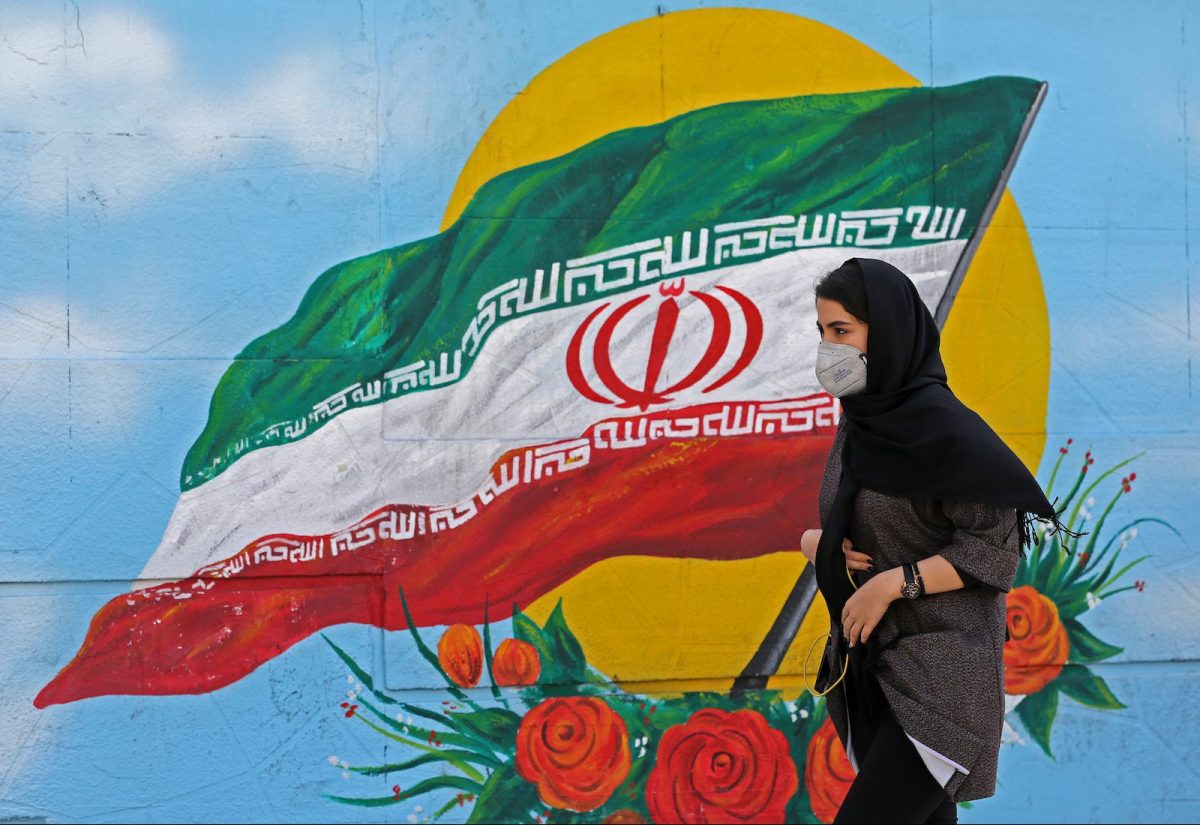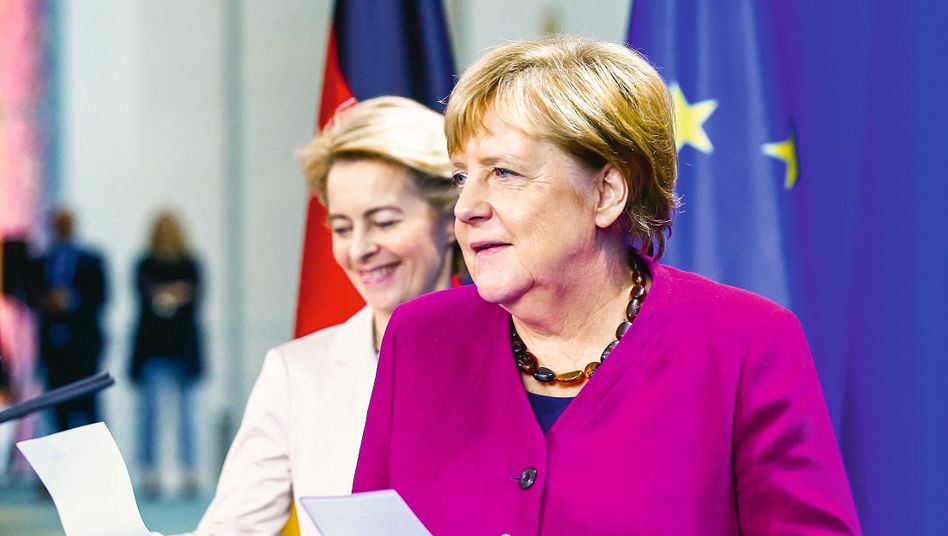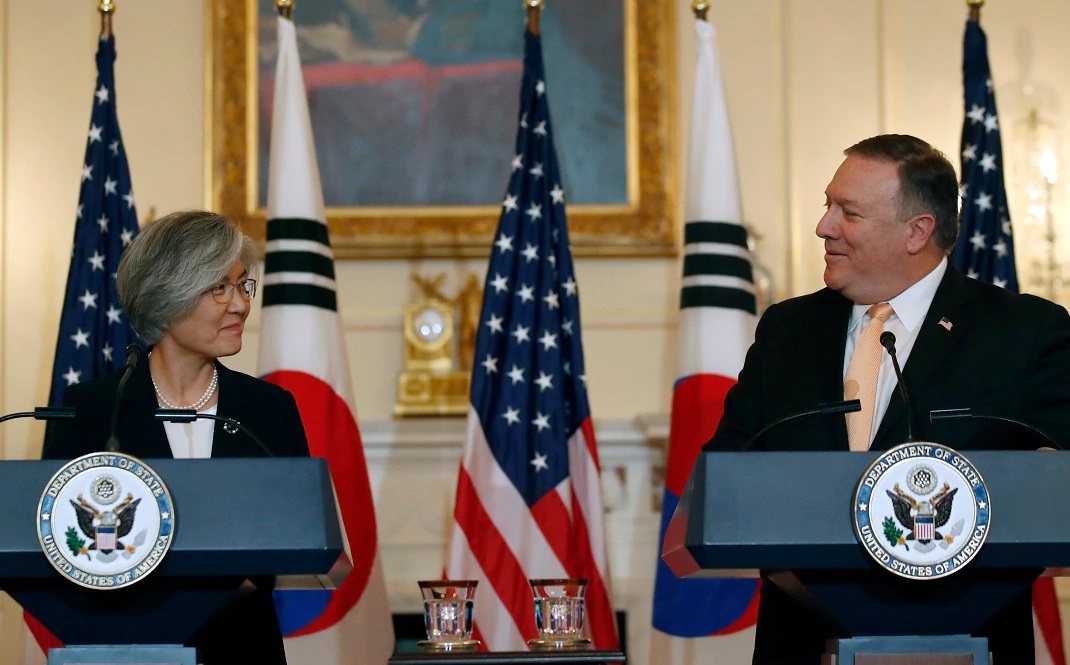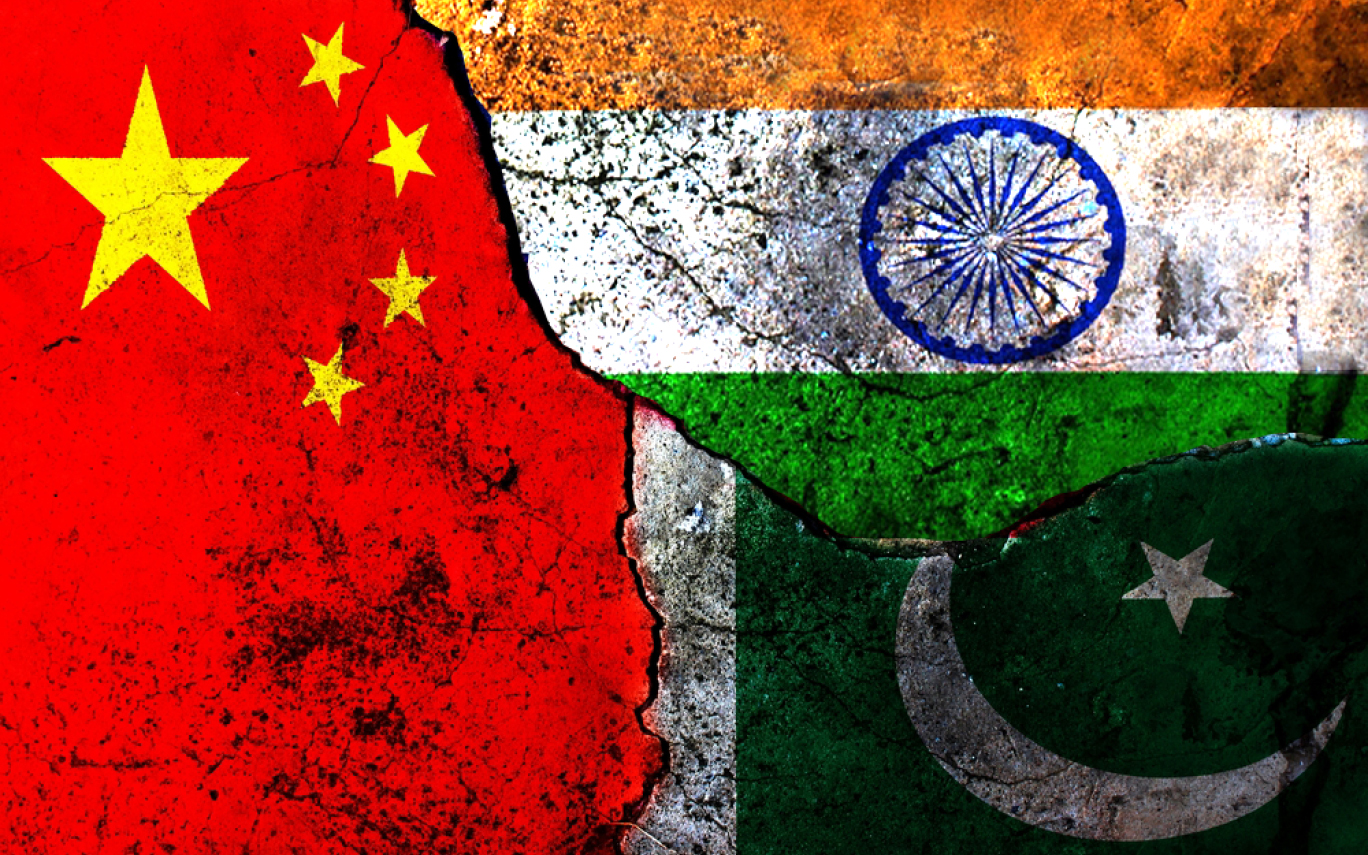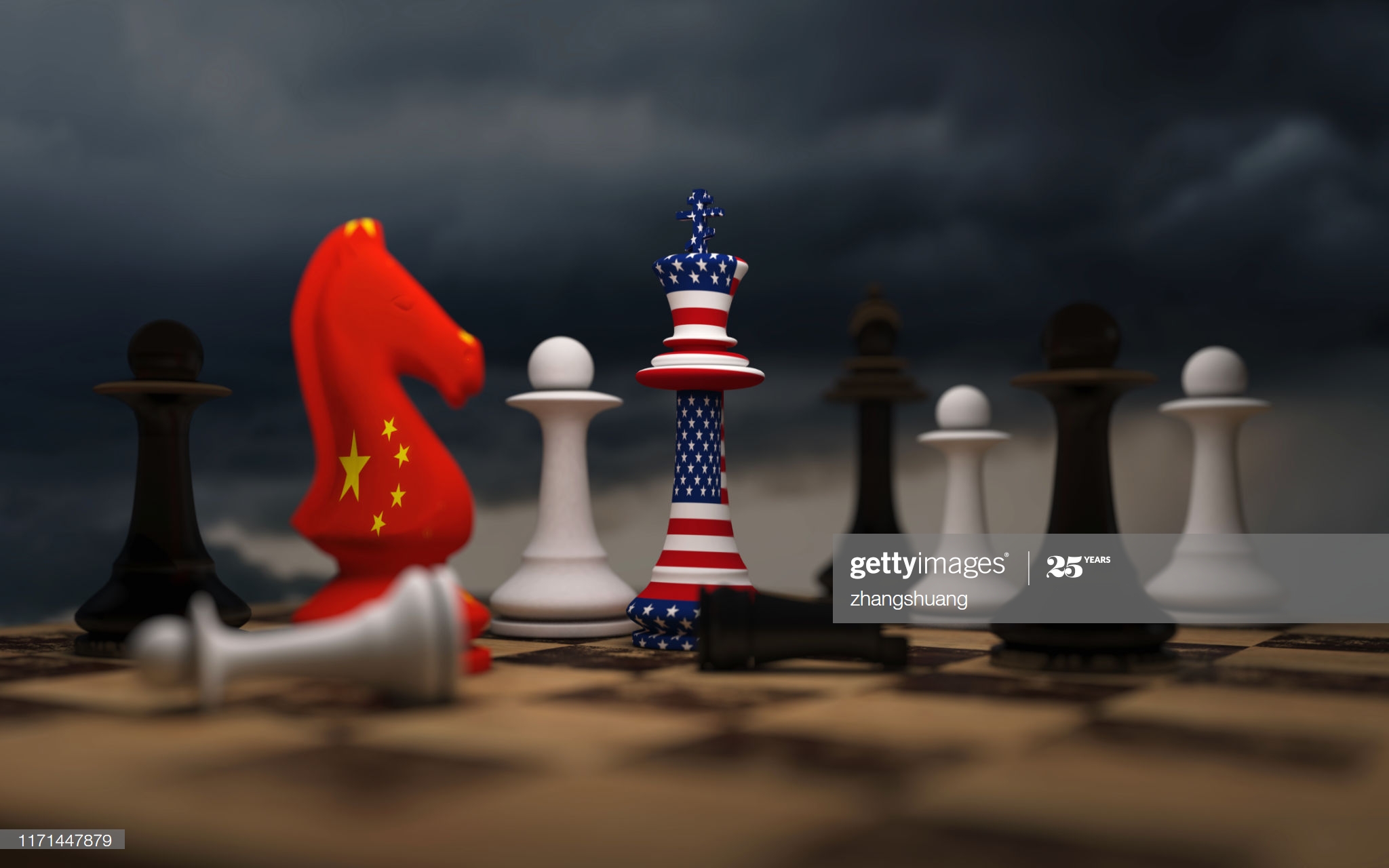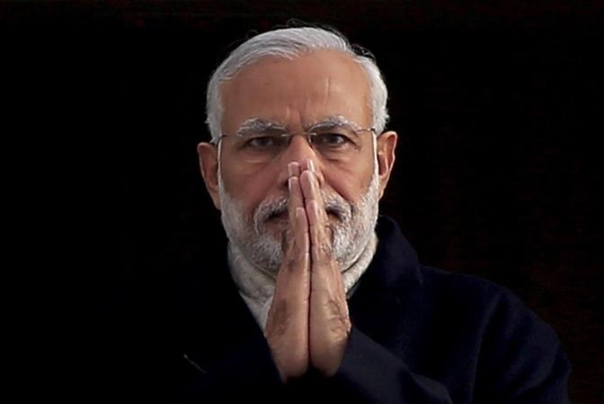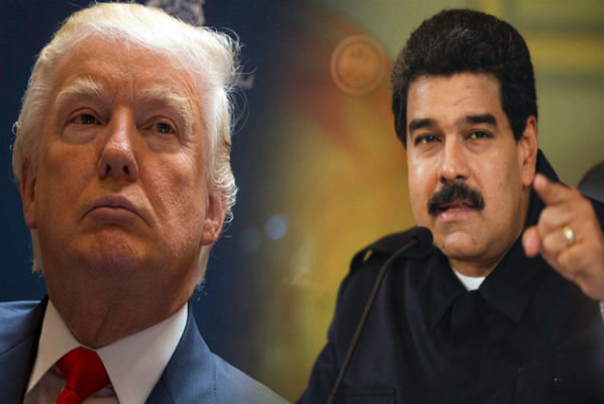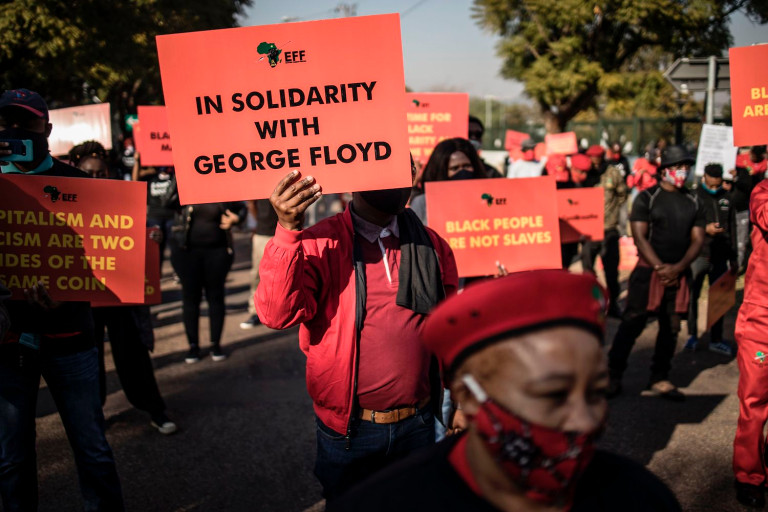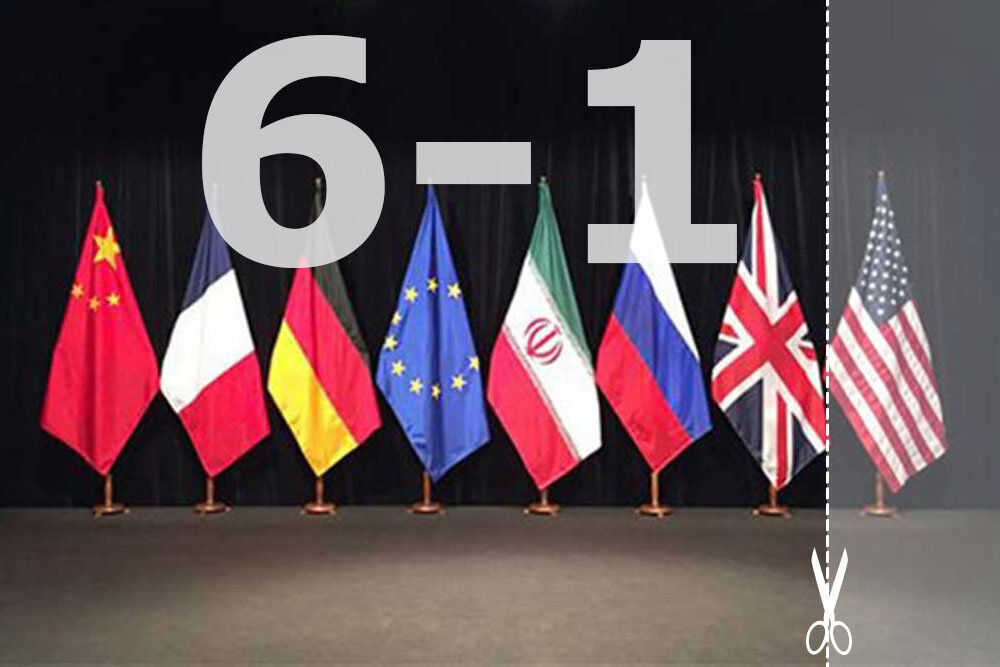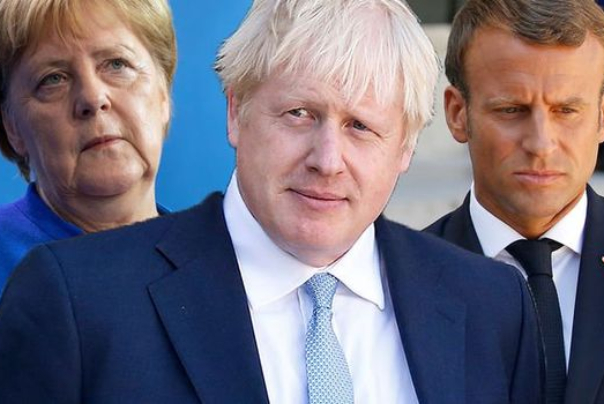Asia Times: Why Iran won’t be broken
BY: PEPE ESCOBAR PEJOURNAL - So what’s going on in Iran? How did the Islamic Republic really respond to Covid-19? How is it coping with Washington’s relentless “maximum pressure”? These questions were the subject of a long phone call I placed to Prof. Mohammad Marandi of the University of Tehran – one of Iran’s premier, globally recognized analysts. As Marandi explains, “Iran after the revolution was all about social justice. It set up a very elaborate health care network, similar to Cuba’s, but with more funding. A large hospital network. When the coronavirus hit, the US was even preventing Iran…
